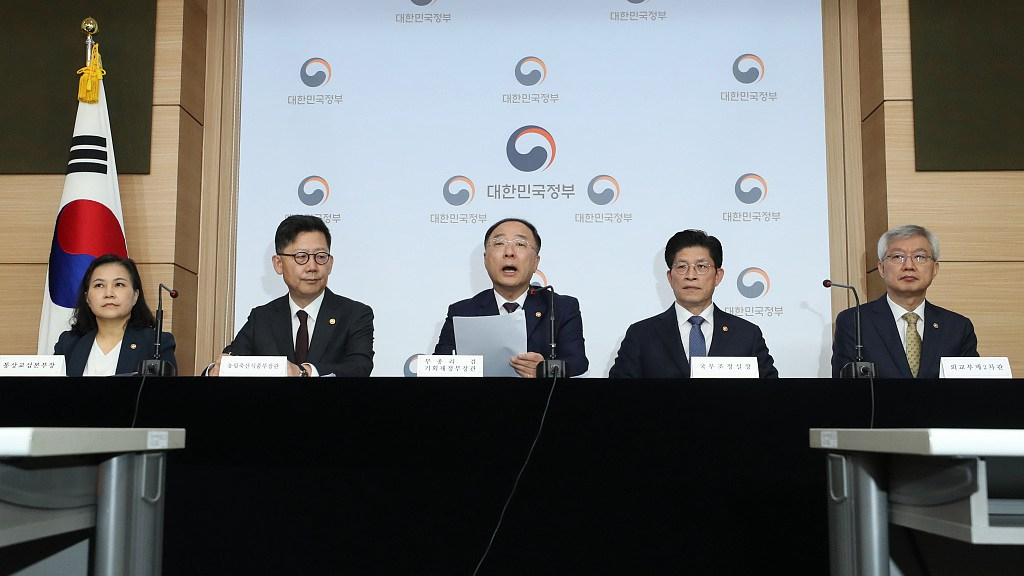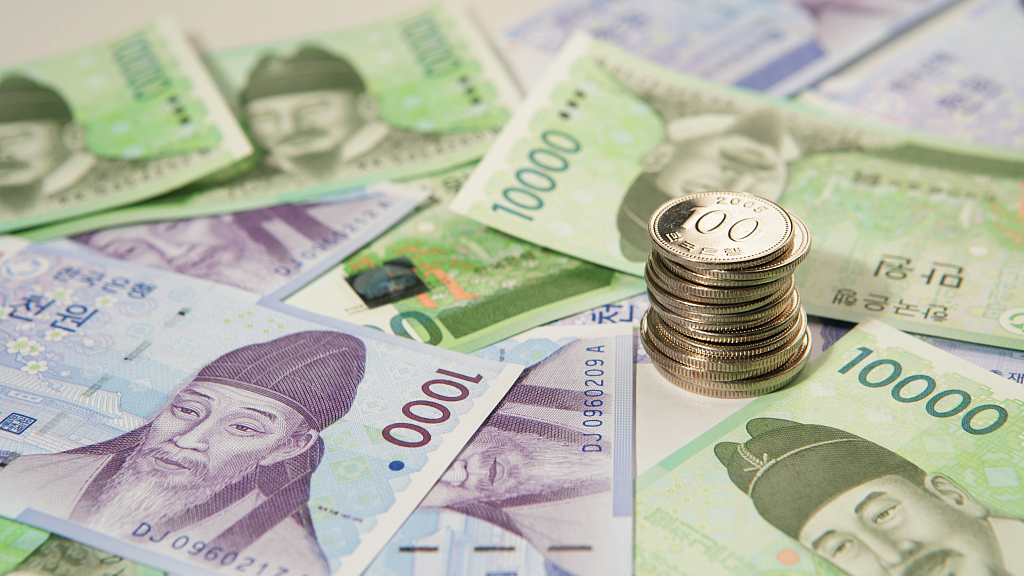
South Korea has decided to give up its developing nation status at the World Trade Organization (WTO), Yonhap News Agency reported Friday.
According to Yonhap, South Korea Finance Minister Hong Nam-ki said there is little possibility that the international community can recognize South Korea as a developing country in future WTO negotiations, adding that a delay could undermine its negotiating power.
"We are in a difficult situation to be recognized as a developing country for any longer in the international community, given South Korea's economic standing," Hong said in a news conference at the foreign ministry in Seoul.
The Trump administration in July pressured the WTO, giving the international group a 90-day ultimatum to alter a provision that allows countries to decide whether they qualify as "developing countries," warning that the U.S. would no longer treat any WTO member that Washington says is not a developing country as one if no substantial progress was made on the rules by mid-October.

He stressed this decision is "not to forego the developing country status, but is to not seek any special treatment from the negotiations going forward."
"The government will do everything it can to provide maximum protection in sensitive agricultural areas such as rice in future negotiations," Hong added.
As Asia's fourth-largest economy, South Korea kept its developing country status as a member of the WTO since the body's creation in 1995, mainly to protect its agriculture industry.
Data showed Thursday that the country's real gross domestic product (GDP) growth slowed down in the third quarter, at 0.4 percent on lower fiscal spending and external uncertainties.
The government said that it will continue to enjoy the benefits that the WTO provides to developing countries before the WTO reaches a new agreement. The negotiations will take a long time, offering plenty of time for it to make preparations, the official added.
On Wednesday, several free trade organizations called on the Trump administration to lead efforts to reform the WTO Appellate Body, warning that current uncertainty is undermining the rules-based global trading system.